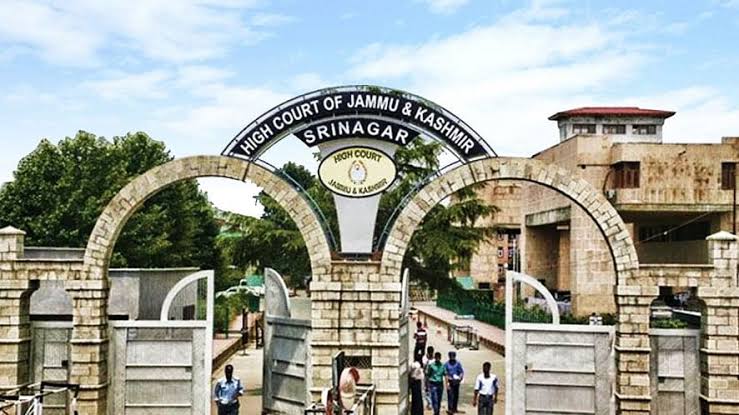Synopsis: The Bench held that a clear mandate was provided by Section 167(2) of the Code of Criminal Procedure (CrPC) to the investigative agency to collect the required evidence within the specified time, in the absence of which the accused can no longer be detained.
The Jammu and Kashmir High Court observed in allowing a bail plea of a man accused under the Narcotic Drugs and Psychotropic Substances (NDPS) Act, 1985, that default bail should be granted to an accused/applicant if the investigation agency does not complete its probe within the prescribed time limit as required by law.
Justice Sanjay Dhar granted bail to the petitioner, stating that it is clear that it is the duty of the Court to release the petitioner on bail without unnecessary delay once the petitioner has applied for bail after the expiry of the specified time limit for investigation.
The Bench held that a clear mandate was provided by Section 167(2) of the Code of Criminal Procedure (CrPC) that the investigative agency must collect the required evidence within the prescribed time, failing which the accused can no longer be detained.
A petition filed by Advocate Irfaan Khan seeking the release on bail of one Gurdev Singh was examined by the Court. Under the NDPS Act, Singh was arrested in February 2020. On 23 June, i. e., 122 days after his arrest, the charge sheet was filed against him.
Section 167(2) of the CrPC, on the other hand, read in accordance with the NDPS provisions in force in the case, required that the charge sheet be filed within 90 days.
Accordingly, the petitioner argued that he was entitled to default bail on the ground that the investigation agency had not presented the charge sheet within the specified period of time.
In allowing his prayer, the Court agreed that the arrested person is entitled to ‘default bail’ under Section 167(2), CrPC, if the investigative agencies do not complete their investigation within the time limit.
Subsequent to the expiry of the specified time limit for investigation, the filing of a charge sheet would not defeat the petitioner’s right to a default bail, the Court stated.
The Court also criticised the NDPS Special Court for denying default bail to the petitioner, finding that in its order the Judge had not even addressed this aspect.
The High Court said that learned Special Judge showed utter disregard for the procedure established by law and acted arbitrarily, by ignoring the statutory provisions as well as the precedents governing the grant of default bail.
Ultimately, the High Court directed the release of the petitioner on bail subject to the furnish of a personal bond in the amount of Rs. 1 lakh, on the condition that every date of the hearing he should appear before the trial court and he must not influence the witnesses.

